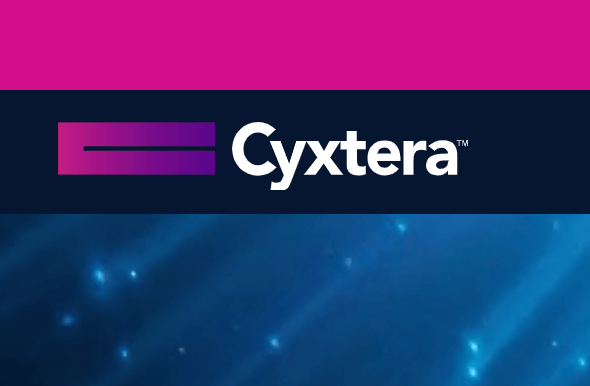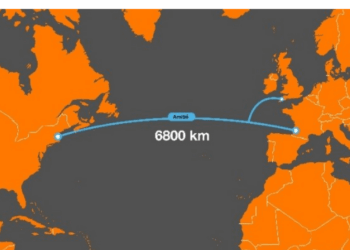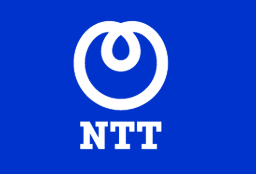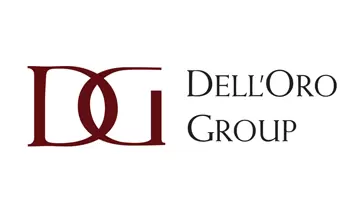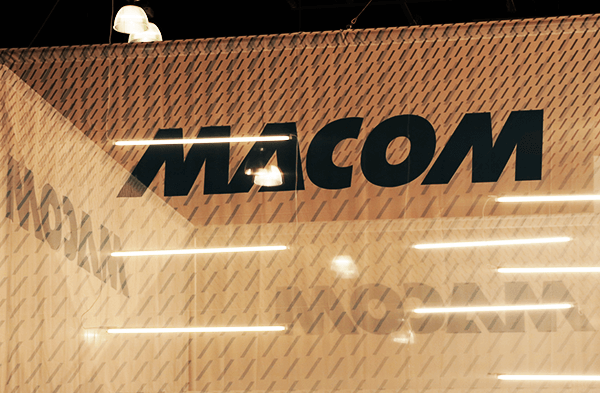Marvell introduced a family of 800 Gbps ZR/ZR+ pluggable modules for data center interconnects (DCIs).
COLORZ 800 incorporates Marvell's new 5nm Orion 800 Gbps coherent DSP with its silicon photonics platform, which integrates multiple discrete components into a single die, providing up to 800 Gbps of bandwidth for DCI links up to 500km.
COLORZ 800 can also be enabled for connections up to 1,200km operating at 400/600 Gbps to replace traditional transport equipment across a greater range of cloud infrastructure.
The modules are based on open standards managed by the Optical Internetworking Forum (OIF) and OpenZR+. COLORZ 800 is expected to sample in Q4 2023.
Marvell estimates its COLORZ 800 lowers the capital cost of DCI by up to 75% compared to traditional rack-based DCI boxes with embedded DSPs while cutting operating expenses such as power, rack space and real estate.
"The new level of performance delivered by COLORZ 800 greatly expands the use cases and opportunities for coherent pluggable modules," said Josef Berger, Associate Vice President of Marketing, Optical Group at Marvell. "The new modules further extend our strategy of helping cloud providers develop infrastructure that can keep up with the pace of AI and other workloads."
- Marvell introduced the industry's first DCI pluggable COLORZ 100 QSFP module in 2017 followed by the industry's first 400G ZR/ZR+ QSFP-DD, COLORZ 400.
- In March, Marvell announced Teralynx 10, a 51.2T switch chip for powering cloud switch systems, as well as Nova™, an industry-first 1.6T PAM4 DSP capable of transmitting 200G per wavelength of light to double the capacity of PAM4 modules.
- In 2022, Marvell also released the 400 Gbps and 800 Gbps Alaska® A DSPs for AEC. Additionally, Marvell produces drivers and amplifiers included in optical modules.




